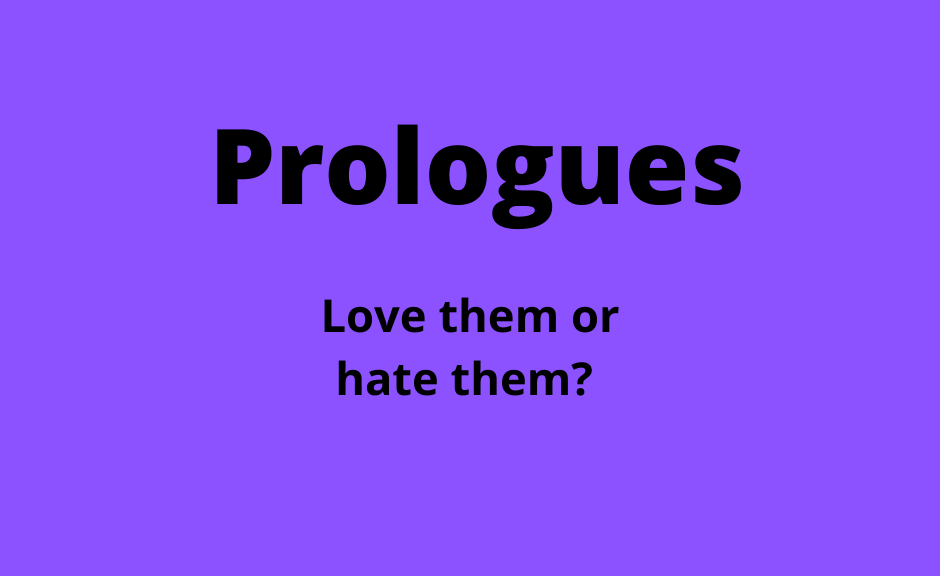
Background to the prologue
Prologues – do you love them or hate them? All five of my novels have had a prologue and each has had a different purpose.
Prologues for book 1-2
The prologue for the first novel, Grace in Strange Disguise, was designed to throw you in the action and then go back in time leading you towards the emotional impact of the prologue (which happened at the 1/4 point). The prologue for my second novel, Grace in the Shadows was designed to be mysterious and obscure details.
In contrast, the third book’s prologue was designed to create empathy and keep the readers wanting more. I wanted a scene that showed William as a little boy much like any other boy and yet one believing a lie because of his father’s words and attitude towards him.
Prologue for book 3
Grace in Deep Waters was a book with a difficulty – an unpleasant hero. I was concerned that no one would have the patience to keep reading about such an unpleasant man. How could I create empathy for him and keep people reading?
William’s father is a successful businessman who only has time for his eldest son. He loves to hammer home his message that “No one remembers who comes second.” So from early on, I knew I wanted a sports competition. The obvious candidate was the Olympics but there was no Olympic competition from 1936 until 1948 so that wouldn’t work.
Getting the historical details right
Grace in Deep Waters is an Australian story and what could be more Australian in those years than the Melbourne Cup. Imagine my delight to discover that the original newsreel was online. I could not only get the feel but had a chance to include actual quotes from the commentary.
I was also able to keep true to historical details like:-
- The size of the crowd
- The date of the race. The Melbourne Cup is traditionally run on the first Tuesday in November but during the war years they didn’t follow this tradition. In fact in 1944, it was run on Saturday 11 November.
- Who won and who rode and owned each horse. The 1944 winner was remarkable in that is was owned by Richard Turnball, the first member of the Victorian Racing Club to have a winning horse. This family lost two sons in the war.
- This newsreel was also taken to the war fronts so that those away at war could have a ‘taste of home.’ The newsreel gives a sense of the cultural and historical context in 1944.
Even today the Melbourne Cup is a horse race that ‘stops a nation’. Most Australian workplaces, including the hospital department I worked in, still have a sweepstake as described in the prologue.
Watch the Movietone newsreel of the actual race.